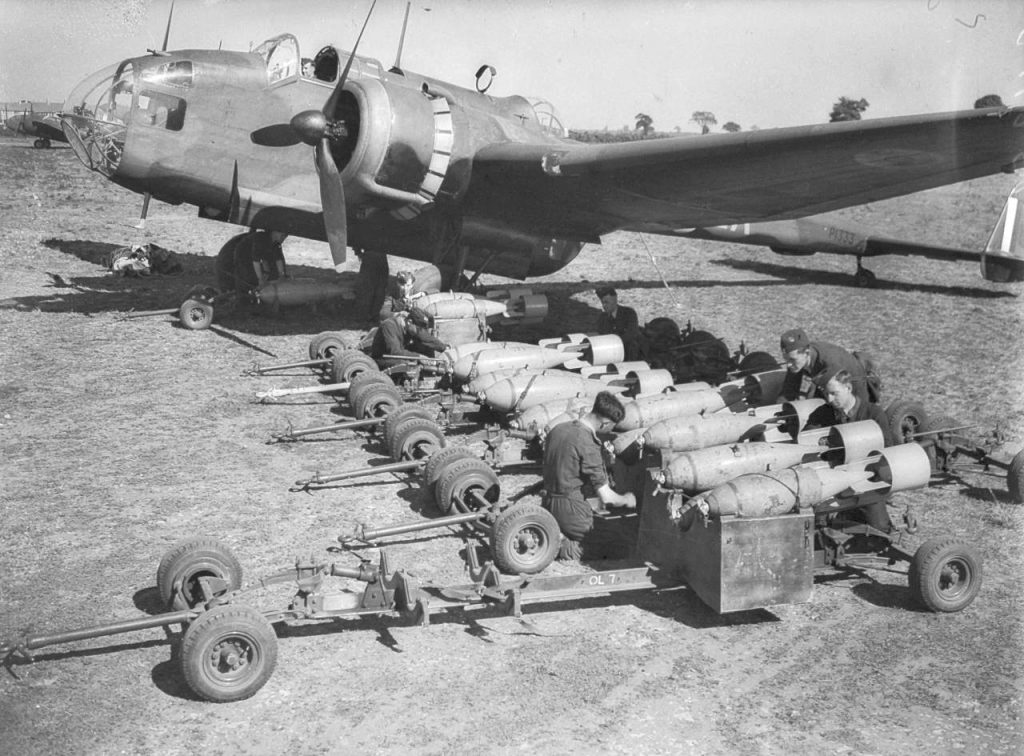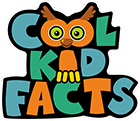After the War
World War II had a huge impact around the globe. Borders had changed and lots of people wanted a fresh start after such a devastating war.
Lots of countries in Europe and Asia had been torn apart by heavy bombing. It took many countries years to recover. Some countries were left weakened and poor. There was lots of rebuilding to do.
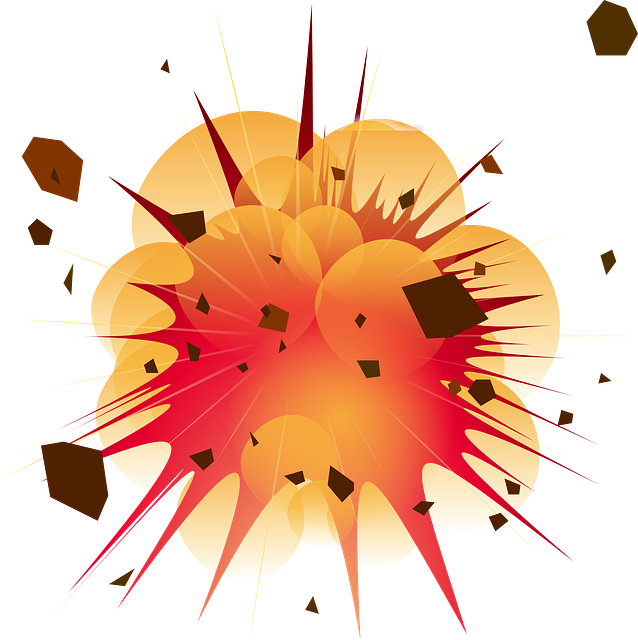
Europe
Germany took over a lot of Europe during the war. This meant the boundaries between countries were unclear afterwards.
The governments of Europe had to get together to redefine the borders for these countries and decide who was in charge.
Germany itself was devastated by war. Instead of making the same mistake that they made after the Treaty of Versailles and not letting Germany recover, the winning countries decided to help Germany.
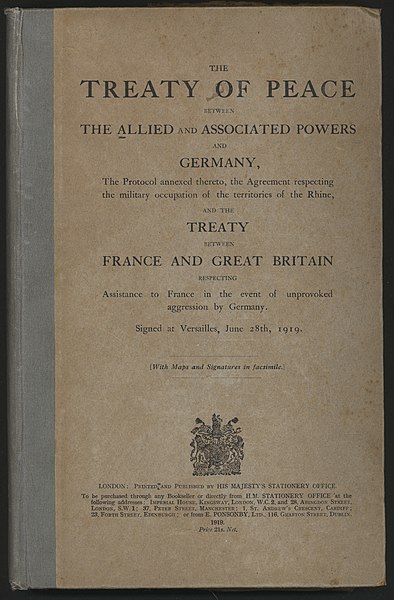
Europe needed a lot of money (financial aid) to help recover and rebuild all the bridges, roads and building that were destroyed during the war.
Many people lost their homes too so they needed rehousing. The US offered financial aid to countries. This was called the Marshall Plan.
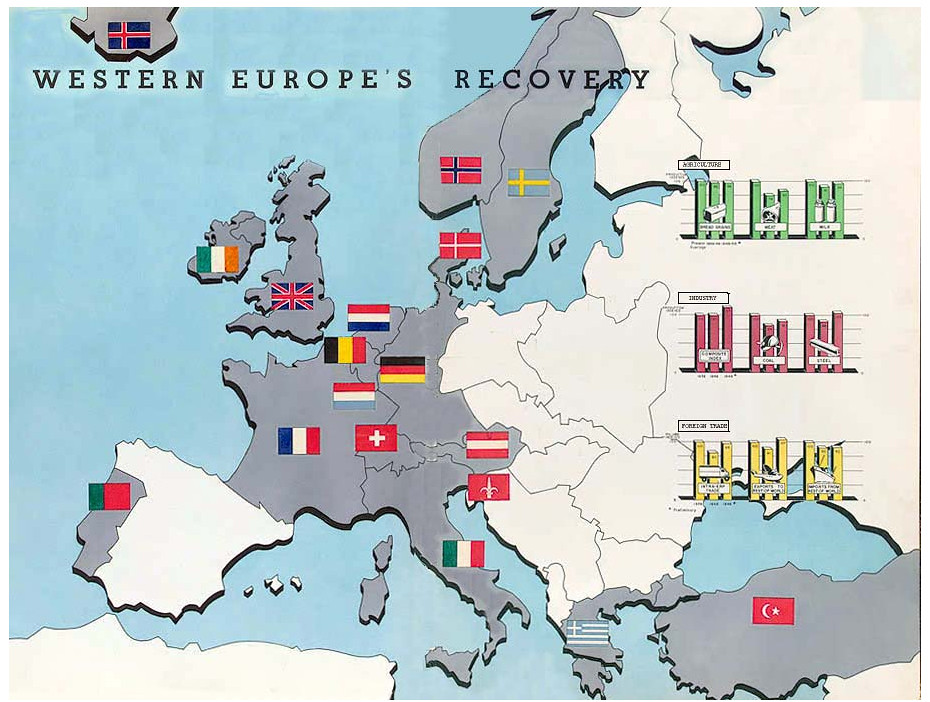
The US also wanted to stop communism spreading so they gave money to help these countries create strong democracies.
The USSR (Russia) took control of many countries in the east of Europe, including Poland, Romania, Albania, Bulgaria, Czechoslovakia and Hungary.
The Soviet Union (USSR) and the US
One of the major difficulties was that two larger powers disagreed entirely on how to rule. The US were against communism.

In theory, communism is when you believe the wealth of the country should be shared out among all the people.
It is a little bit more complicated than this, though. The US believed in capitalism, where they support businesses and help the economy grow this way.
These two ways of ruling are completely different and led to a long-lasting stand off between these two great powers called the Cold War.
These two countries decided to split Germany in half. The US controlled the West and the USSR controlled the east.
In Korea, they also split the county in half between North and South Korea. The USSR controlled the North so that was communist, and the South was controlled by the USA.
The plan was to hold a free election for the whole country after a while, but the divide remained and is still there to this day.
The Cold War
The Cold War was called the ‘cold war’ because a war never really broke out between the two main countries involved. These two countries were the USSR and the US.
They were fighting over whether the world should be run by capitalists or communists. However, the USA went to war in Korea and in Vietnam.

The Western countries formed an alliance called NATO against the USSR and the eastern European countries under their control.
The USSR and the other communist countries had a pact called the Warsaw Pact.
Japan and Eastern Asia
The US (who were part of the Allies) took control of Japan while Japan recovered from the War. Japan became independent in 1952.
The economy grew in Japan because of lots of financial aid and support from the US.
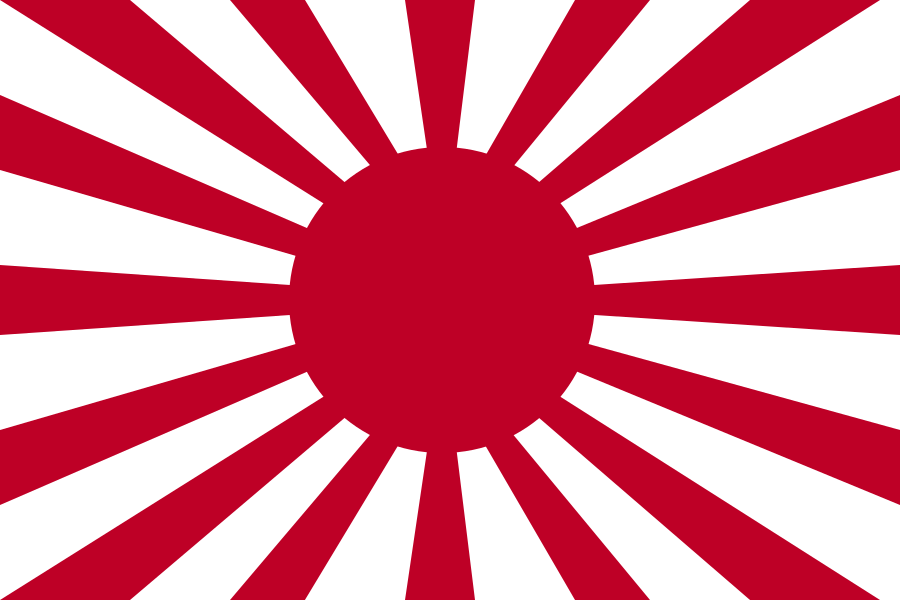
Even though they were enemies in war, the US did not want communism to spread.
The USA believed that communism spread in countries that were poor, so they gave money to these countries sometimes to stop this happening.
In China, a civil war between the communists and nationalists had started before World War II. This continued after the War. The communists won and the nationalists ran away to Taiwan.
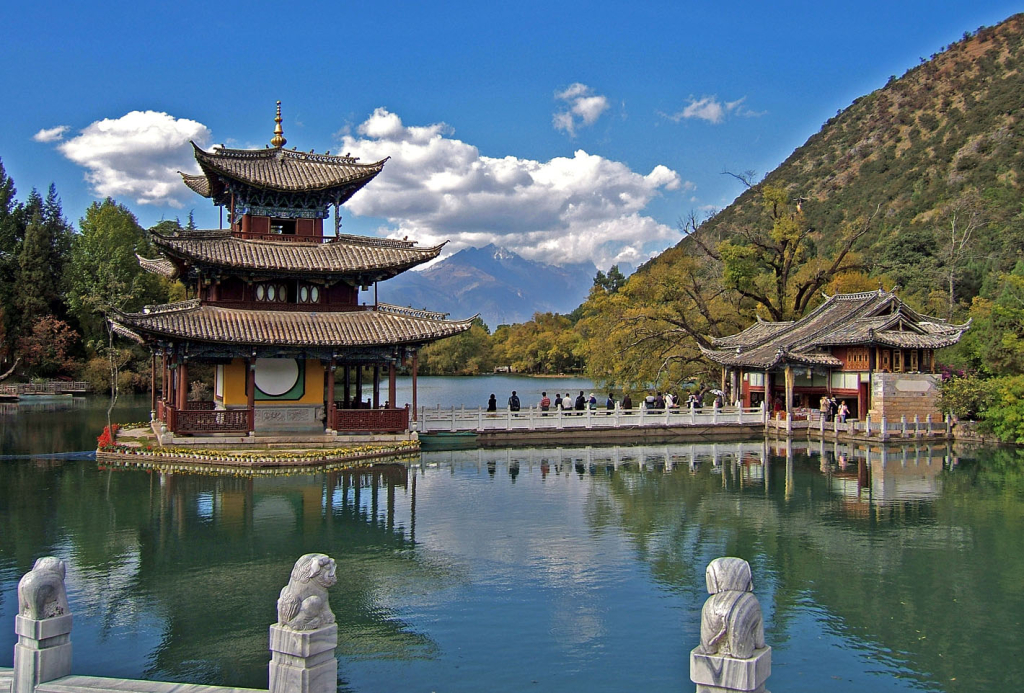
War crimes
There were some hideous crimes against humanity that were carried out during World War II. Many of the perpetrators (those responsible) from Germany and Japan were brought to trial.
The crimes were the Holocaust (the killing of millions of people, including 6 million Jewish people), slave labour and torturing prisoners of war. Many leaders were executed.
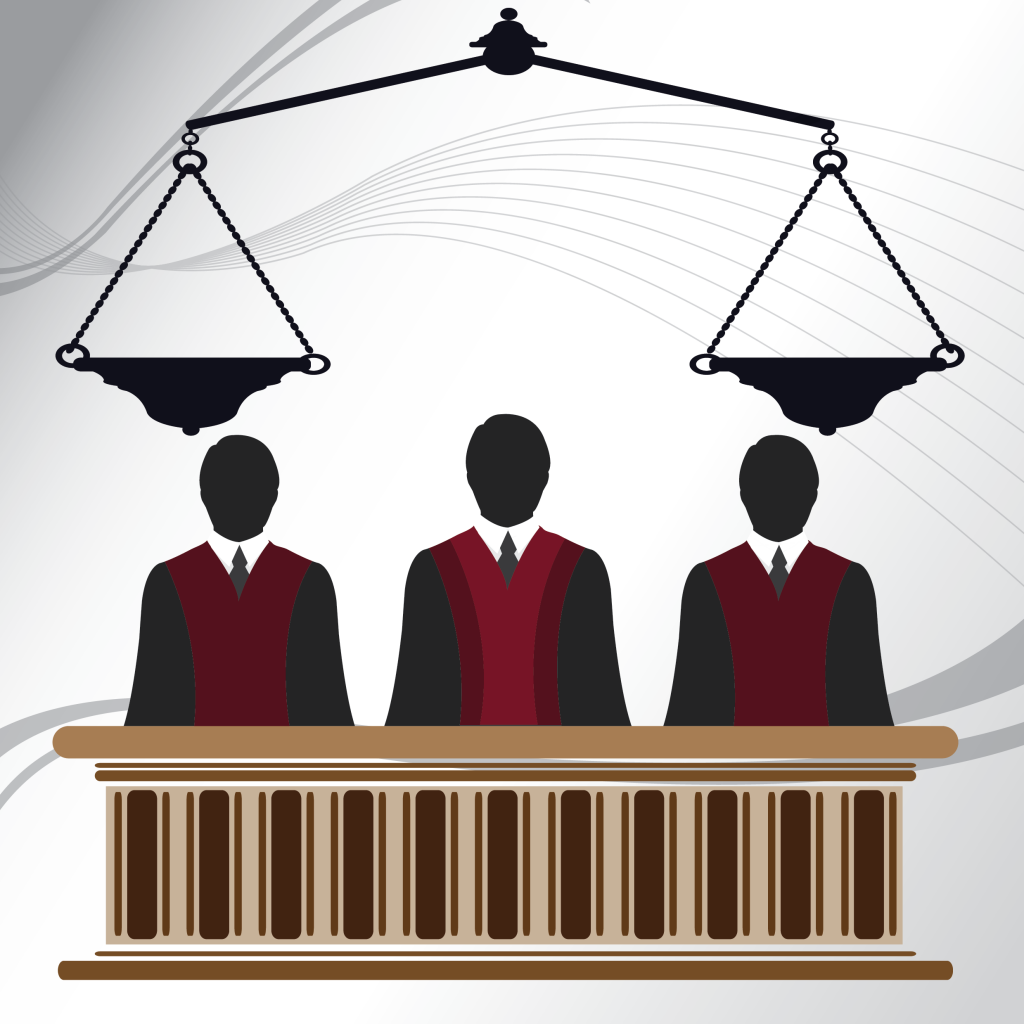
The United Nations
People in the world wanted to try to stop World War II happening. One of the ways they tried to prevent this was by uniting lots of countries around the world.
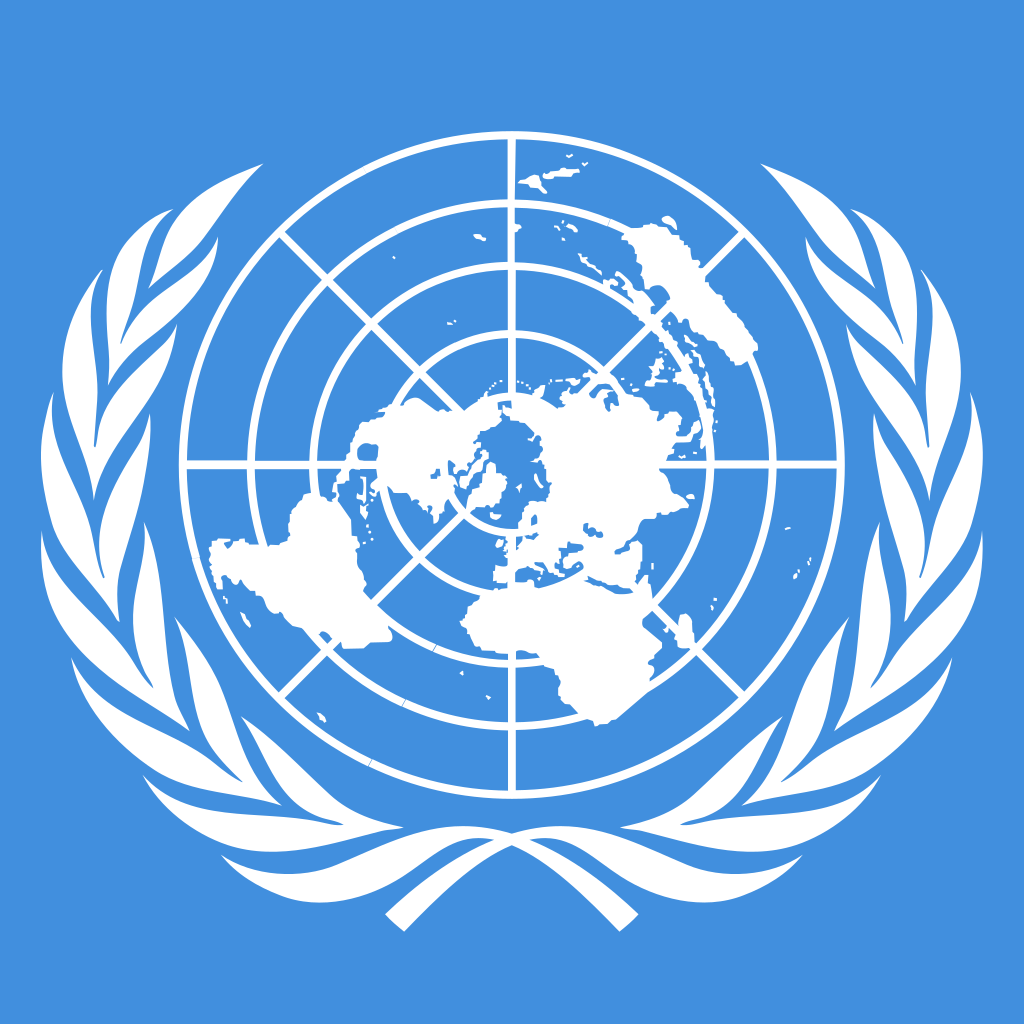
The United Nations was created on October 24th, 1945. There were 51 nations involved including China, France, the Soviet Union, Canada and the United States.
